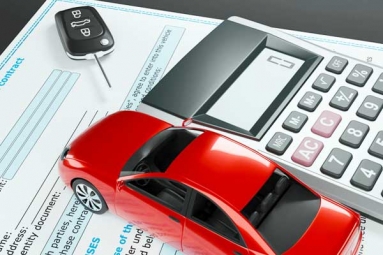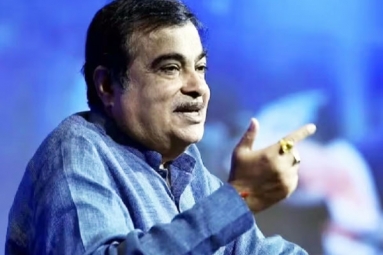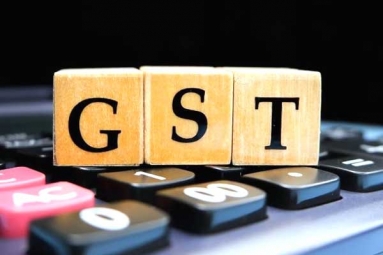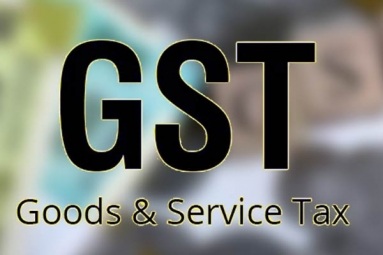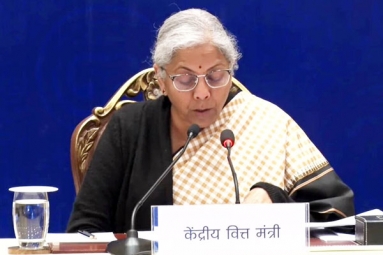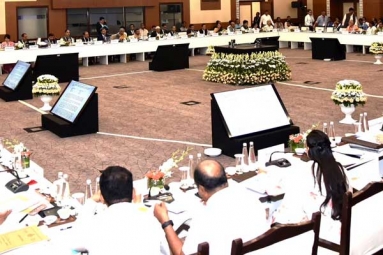
(Image source from: GST: A dream of India pending since decade})
India has a complicated tax system which is beyond the understanding of the common man. Coupled with that various indirect taxes make the entire tax structure cumbersome. The proposed Goods and Service Tax (GST) can be an improvement on India's tax system followed currently.
When the GST is completely enforced it will eliminate all other indirect taxes – Central excise duty to Value Added Tax(VAT) imposed by states - and remain the only indirect tax in the country.
Successive governments have tried to roll out the GST, but till date it remains a much desired tax system for India.
Recently Finance Minister Arun Jaitley met the finance ministers of states and union territories to try and implement the proposed indirect tax reform GST at the earliest.
Arguments favoring GST
In India, product or service are taxed by the Central and State government. Many indirect taxes have been introduced in this value chain (like the Excise duty on manufacture, VAT on sale etc).
The present system is flawed as it hinders free flow of goods and services. Besides, the system brings trade uncertainty, which is harmful for the entire economy. GST can be the perfect solution to the present problems.
GST will replace the following indirect taxes
Central level
· Central Excise Duty
· Service Tax
· Central Sales Tax
· Additional Excise Duties
· CVD (levied on imports in lieu of Excise duty)
· SAD (levied on imports in lieu of VAT)
· Excise Duty levied on Medicinal and Toiletries preparations,
· Surcharges and cesses
State level
· VAT/Sales tax
· Entertainment tax (except those levied by local bodies)
· Luxury Tax
· Taxes on lottery, betting and gambling
· Entry tax not in lieu of Octroi
· Cesses and Surcharges
Benefits of GST
The GST is an accepted system of taxation worldwide. France was the first country to introduce GST. The GST will be calculated on the goods sold as well as the services provided. The expected rate of GST will be 16%-17%, much lower than the current tax rates of about 35%-40% (calculated on current system of taxation).
GST will be good for the economy as well as the individual tax payers. When GST is introduced, the price of products will fall. This will result in increased demand for the product. More demand means more production leading to greater job opportunities. The entire economy will expand and the country's GDP will grow. This will benefit people at the retail level as price reduces. Also the entrepreneurs have more working capital to invest in other ventures. Besides, the price of a product will be be unique all over the country.
GST is a simple mode of taxation with no complication. The current tax system requires a complicated calculation and tabulation of several indirect taxes. Introduction of GST will reduce paperwork to a large extent.
Under GST the consumers will benefit the most as the increased burden of taxation at various levels of value addition ultimately falls on the last customer.
With benefits like price reduction of goods, increase in consumption, followed by increase in production - the GST is definitely a welcome system of taxation in India.
(AW: Pratima Tigga)










